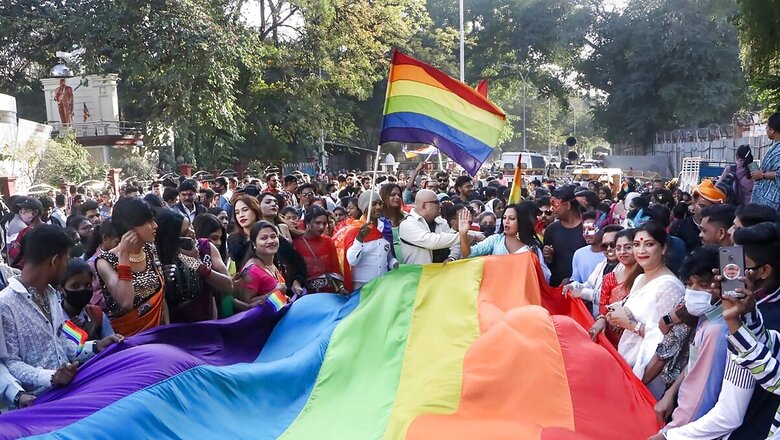
views
There is an adage about Parliamentary sovereignty in the United Kingdom: “If Parliament decided that all blue-eyed babies should be murdered, the preservation of blue-eyed babies would be illegal”. About a century later, John Stuart Mill added that despite such absolute powers, the Parliament would always restrain itself from such actions because it was run by ‘gentlemen’. Here in India, that supremacy and overriding powers lie with the Supreme Court. Theoretically, the court is empowered to take any action in the interests of justice. Constitutional morality and conventions draw the Lakshman Rekha for Parliament in the UK or the Supreme Court in India. But apart from these dynamic factors of a democracy, the presence of a parallel regime of personal laws is an exceptional factor in India. These personal laws have stood in the way of women’s rights, and now their complexity stands in the way of LGBTQ rights.
In the last few weeks, the Supreme Court heard the same-sex marriage matter on a priority. Not just the LGBTQ community but the entire nation observed this with curiosity and a certain degree of social anxiety. A close look at the arguments reveals that the bench was wary of personal laws from the beginning. First, it sought to limit the matter to the Special Marriage Act or the Hindu Marriage Act, but the Centre belligerently reminded the bench that the court cannot avoid the question of personal laws and that no adjudication can happen without hearing the various state governments. The complexity was rightly highlighted to the bench by the Centre.
The LBTQ community or the petitioners demanded nothing short of marriage equality and sought that the court declare marriage as a fundamental right so that all laws could be harmonised after that declaration. The petitioners took a rights-based approach. They demanded fairness and equality before law. While such demands could have been met by the constitutional law of the country, the unfair and unjust judicial and legislative compromise with personal laws stood in the way. No other democracy has such a parallel regime of personal laws or such diversity. When the activists from the community point to the journey in the UK, USA or any other part of the democratic world, one must pause and ask if any other democratic nation tolerated the absence of civil code in personal laws like India.
Across the world for over a century now, the demand for equal rights by the homosexual community has aligned with the left or the socialist ideology. There is a fascinating history and background to how the socialist movements have opposed the Christian conservation or the Church ideology and propelled the social and legal emancipation of the community. But the inherited political alignments are fast changing, and many argue that the community must adopt a pragmatic approach. In India, the left has not rallied for a common civil code in this country. In fact, many liberal intellectuals remain opposed to the scrapping of personal laws in India. The demand for a uniform civil code or the opposition to personal laws has come from the ruling Bharatiya Janata Party. There is a case for the gay rights movement in India to perhaps realign and join the outcry against personal laws. Till the time India has a uniform civil code, marriage equality shall remain elusive and theoretical. The establishment of a uniform civil code and eventual fading of personal laws shall be the first step for seeking marriage equality in India.
The court could have not skirted the issue of personal laws; it cannot uproot them with a stroke of a judgement. In these circumstances, it remains almost impossible for the mighty court to give legal recognition to same-sex marriage in India.
Read all the Latest India News and Karnataka Elections 2023 updates here










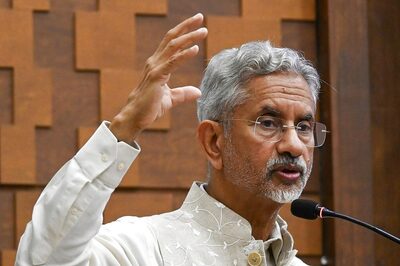
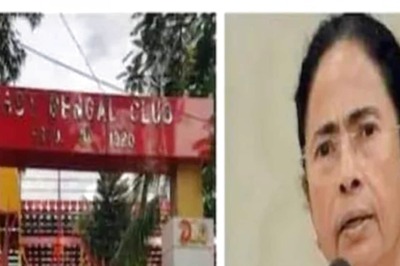

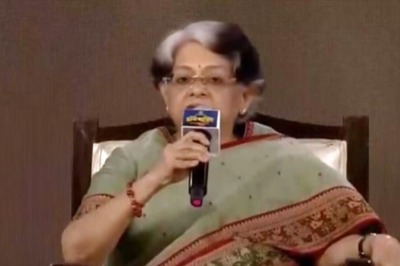


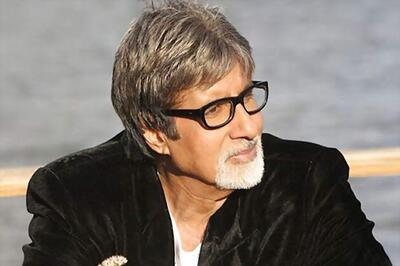

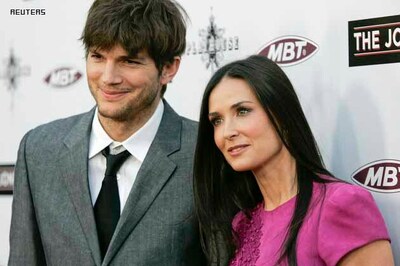

Comments
0 comment